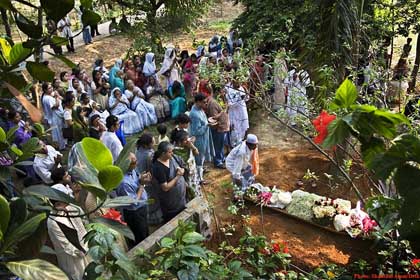Portraits of commitment
Why people become leaders in the AIDS response
Challenges help us find our true selves. They take us on a journey within the depths of who we are, leaving us at a destination we hope is worthy. Some people find themselves at lesser places.
AIDS is one of those challenges.
The South Asians in this book tell how AIDS has made them a better doctor, researcher, legislator, citizen or person. We know AIDS affects our daily life?but because of it we now have more respect for human rights and individual choice where once there was little or none. AIDS has helped us to see who we want to be.
Photographs by Shahidul Alam. Interviews by Karen Emmons. Commissioned by UNAIDS.
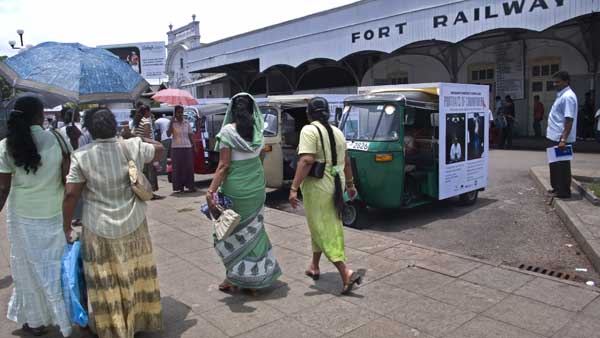
Viewers watching “Portaits of Commitment” at Fort Station in Colombo on the 21st August 2007, as part of ICAAP8. ? Shahidul Alam/Drik/MajorityWorld
A story from Sri Lanka on WAD: Positive & Strong Princey Mangalika on HIV/AIDS
Reviews: IPS. Daily Mirror
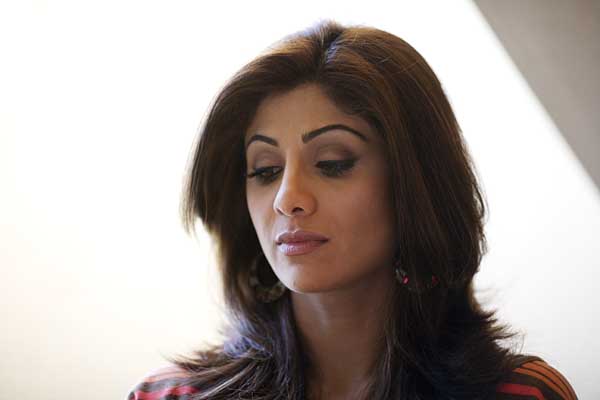
Shilpa Shetty. Actress, Big Brother Winner. Mumbai India. “Being a celebrity has advantages – people hear you. I thought I should make use of this position and speak out.” ? Shahidul Alam/Drik/MajorityWorld
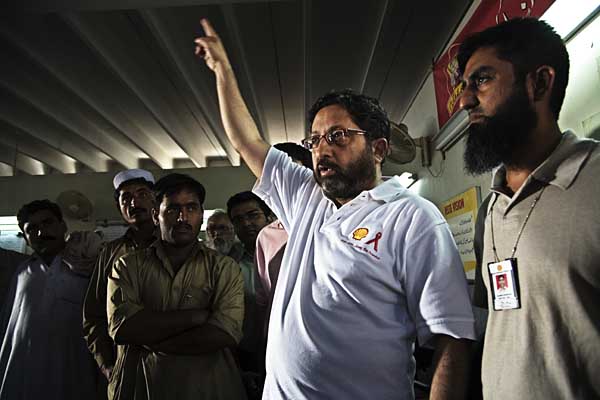
Tahir Baig Barlas. Corporate Manager. Karachi Pakistan. “We have the opportunity to do something now before it’s too late. Let’s not be reactive.” ? Shahidul Alam/Drik/MajorityWorld
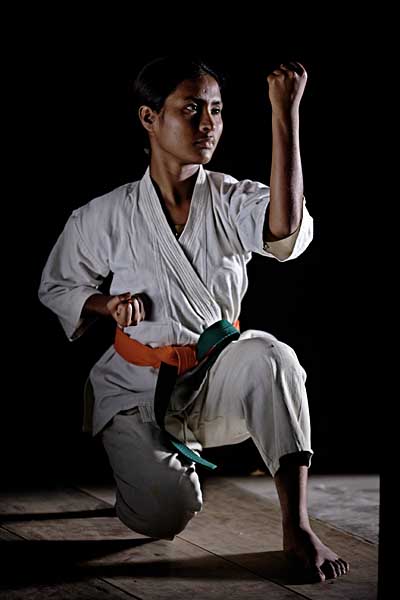
Sabina “Putul” Yeasmin, Daughter of a sex worker. Tangail Bangladesh. “I gave wrong information to make others afraid, as I had been. I had to go back and give correct information.” ? Shahidul Alam/Drik/MajorityWorld
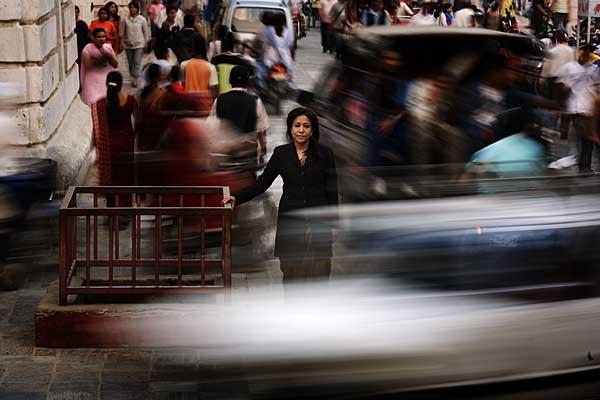
Sapana Pradham-Malla. Advocate. Kathmandu Nepal. “I can’t turn away.” ? Shahidul Alam/Drik/MajorityWorld
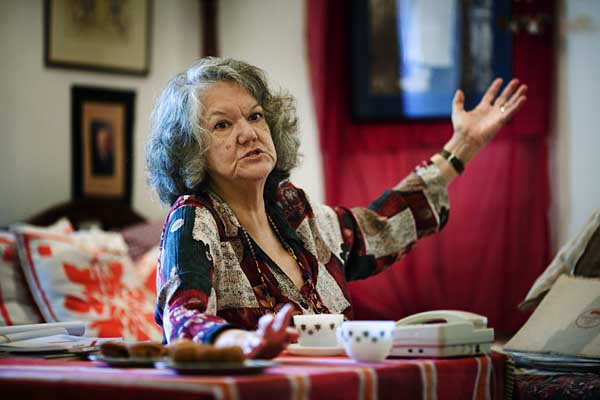
Sally Hulugalle. Community Worker. Colombo Sri Lanka. “I want a better deal for those who are voiceless.” ? Shahidul Alam/Drik/MajorityWorld
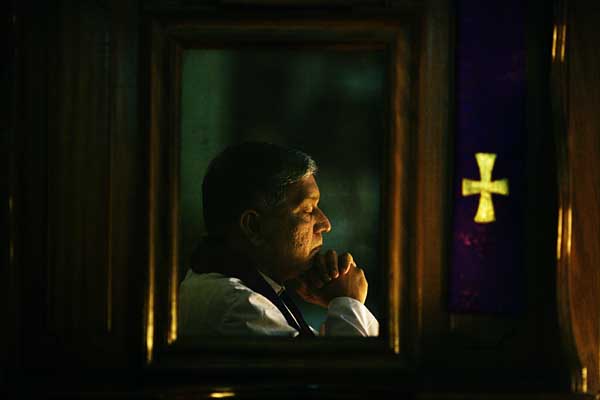
Rev. Alex Vadakumthala. Priest. New Delhi India. “The church finds its meaning when it responds to the challenges of the times.” ? Shahidul Alam/Drik/MajorityWorld
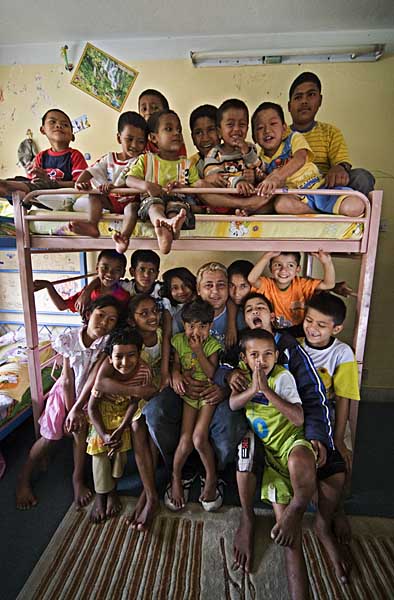
Rajiv Kafle. Former Drug User. Kathmandu Nepal. “I saw a need and an opportunity where I could step up and really make a difference.” ? Shahidul Alam/Drik/MajorityWorld
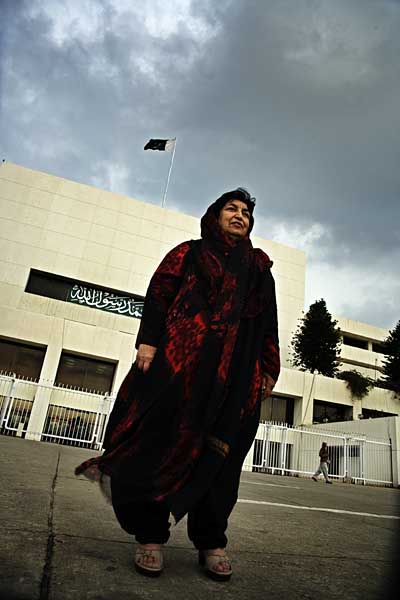
Noor jehan Penazai. Partliamentarian. Islamabad Pakistan. “These politicians have to realise it’s a very serious disease and we have to talk about it.” ? Shahidul Alam/Drik/MajorityWorld
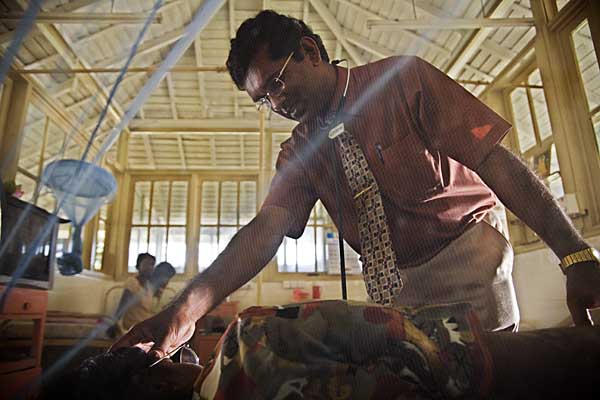
Dr. Ananda Wijewickrama. Doctor. Colombo Sri Lanka. “I had to do something for the patients …they needed a place to go, to be consoled and, if dying, to die with dignity.” ? Shahidul Alam/Drik/MajorityWorld
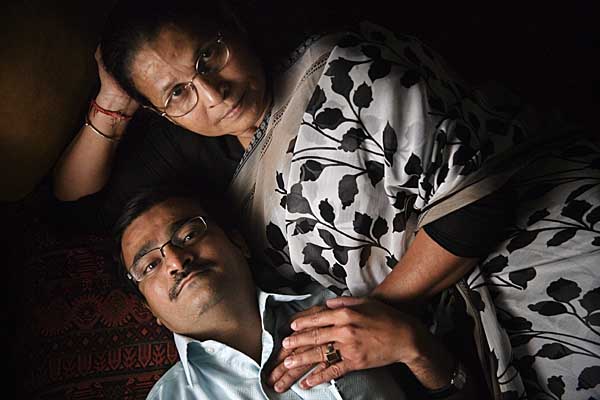
Arif Jafar and Anis Fatima, MSM and mother. Lucknow India. “I am grateful to Allah he gave such a son to me.” ? Shahidul Alam/Drik/MajorityWorld
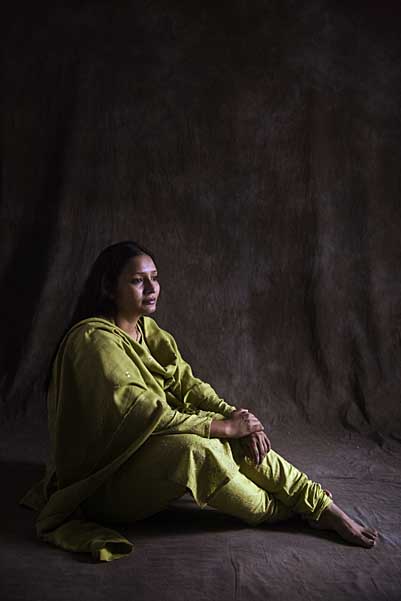
Habiba Akter. Dhaka Bangladesh. Positive Counsellor.
“I have no choice. If I don’t do it no one will.” ? Shahidul Alam/Drik/MajorityWorld
An exhibition supporting the book opens at the Barefoot Gallery, in Colombo at 7:00 pm on the 18th August. 704 Galle Rd. Colombo 3.

